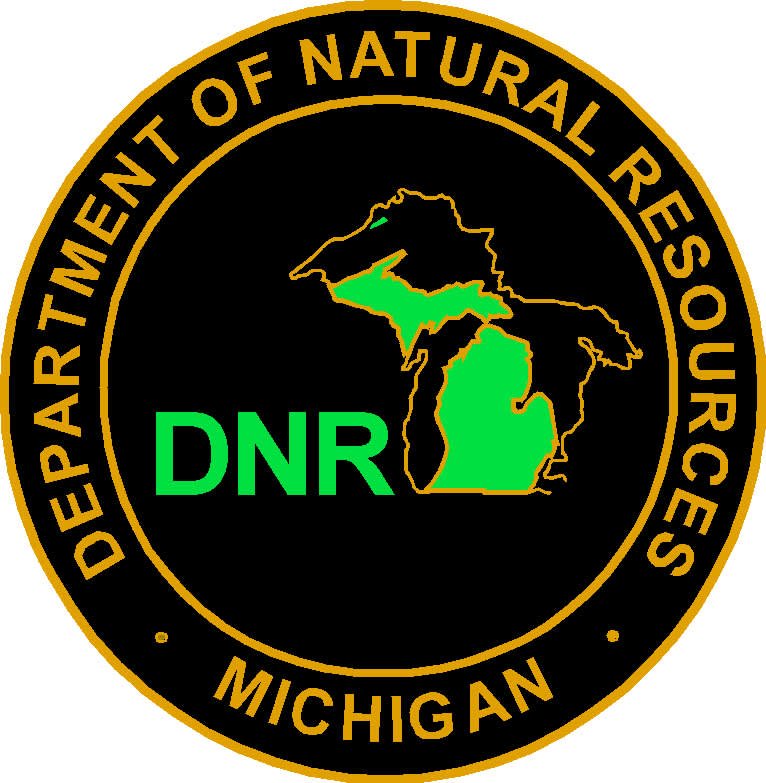Michigan DNR Thanks Hunters, Celebrates 75 Years of Conservation Funding Success with Pittman-Robertson Act Anniversary

In celebration of the 75th anniversary of the Pittman-Robertson Wildlife Restoration Act – a landmark law that changed the way conservation is funded in the United States – the Department of Natural Resources thanks hunters for their role in conserving Michigan’s wildlife.
“A tremendous ‘thank you’ goes out to Michigan hunters – their contribution to the conservation of our state’s natural resources is immense,” said Russ Mason, DNR Wildlife Division chief. “Many people believe that their general tax dollars fund the work we do, but it’s those who participate in hunting, fishing and sport shooting who support the vast majority of our wildlife conservation work.”
Mason explained that 74 percent of the approximately $27 million the DNR Wildlife Division spent in 2011 came from Pittman-Robertson funds and license fees, while only 6 percent came out of the state’s General Fund (tax dollars). Those tax dollars are earmarked for wildlife disease purposes only. The rest of the budget usually comes from other federal grants and a small amount from donations.
The Pittman-Robertson Act (PR) created a federal excise tax on the manufacture of guns and ammunitions, bows, crossbows and arrows. The money generated from this tax is allocated to state fish and wildlife agencies, based on the number of licensed hunters in a state and the state’s area, to use for projects like improving wildlife habitat, managing wildlife populations, research and hunter education. Manufacturers build the tax into the cost of the equipment they sell, so the hunters and sport shooters who buy the products pay for the tax.
In 1950, a similar law called the Dingell-Johnson Sport Fish Restoration Act (DJ) created a tax on fishing gear and boating fuel. Like PR funds for wildlife agencies, DJ funds are allocated to state fish agencies for sport fish restoration.
In order for the state to receive PR and DJ funds, the DNR must provide its own 25 percent of the cost of a project through non-federal grant sources – a process called matching. Michigan, like most states, uses fees collected from the sale of hunting and fishing licenses as match.
“Because of the way funds are allocated and matching, the more hunters and anglers Michigan has, the more conservation funding we get,” said Steve Beyer, DNR wildlife supervisor.
Since 1937, Michigan has received approximately $262 million in PR grants. In 2011 alone, the state received $9.3 million for wildlife restoration and another $1.1 million for hunter education and public shooting range support.
Beyer continued, “If you are a hunter, have bought a hunting or fishing license or have purchased a firearm, bow or crossbow, thank you for investing in Michigan’s wildlife. You have made a difference for 75 years and we sincerely hope you continue to support conservation in Michigan.
“If you’re not a hunter, but you enjoy the benefits of PR by viewing wildlife, hiking through forests, photographing birds or picking mushrooms, then pass along this message and thank a hunter or angler for everything they have done for Michigan’s wildlife.”
For more information on Pittman-Robertson and the contribution of hunters to Michigan’s wildlife, visit www.michigan.gov/itsyournature.

